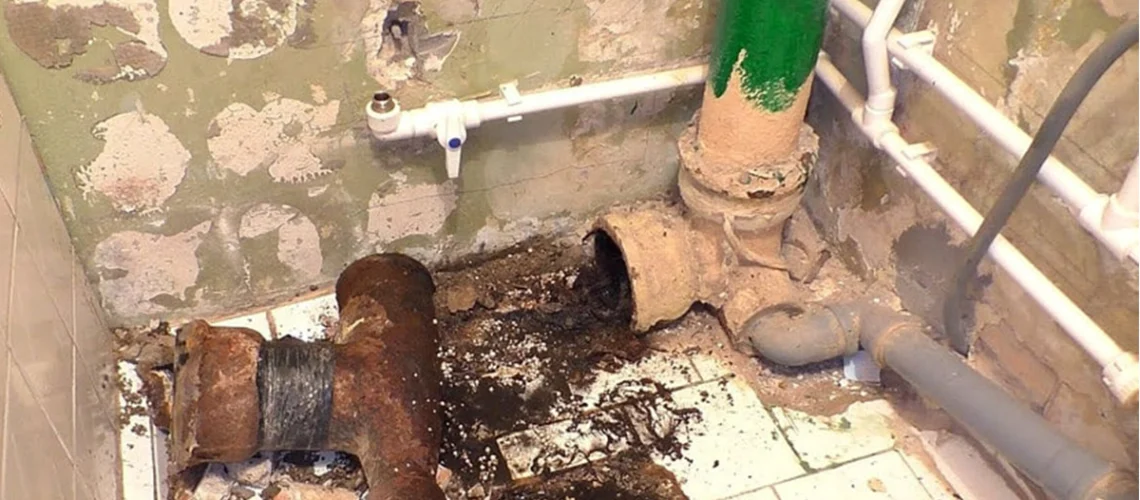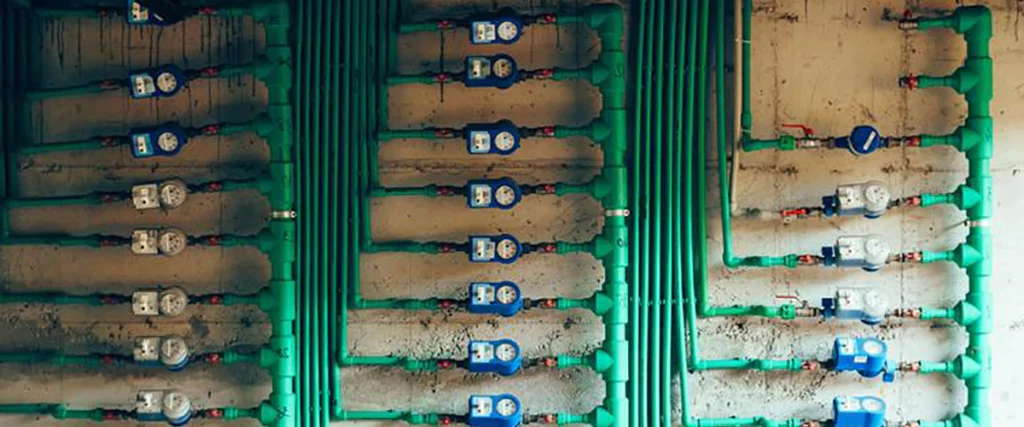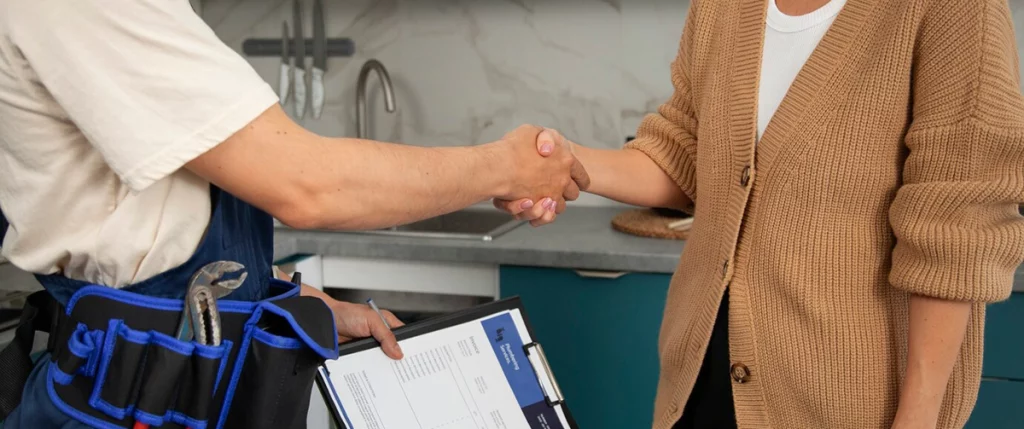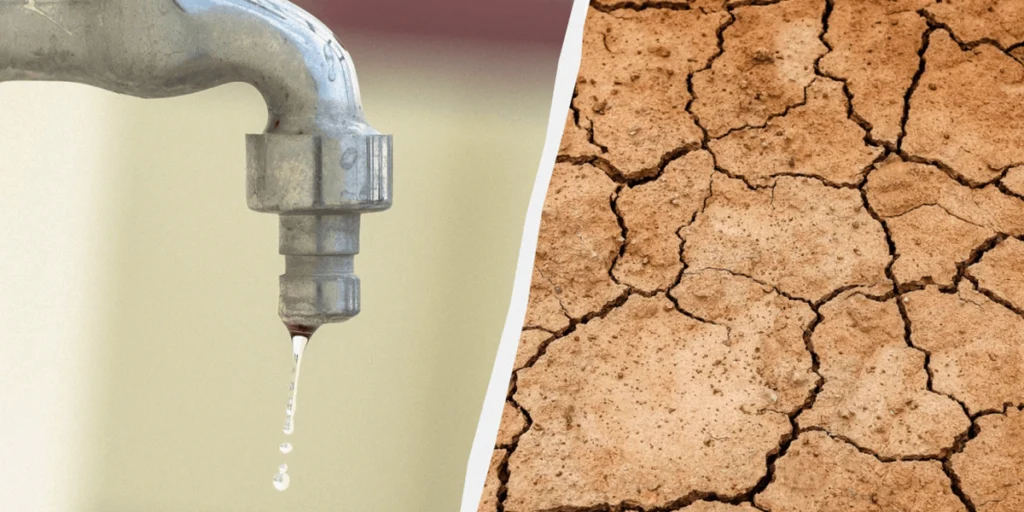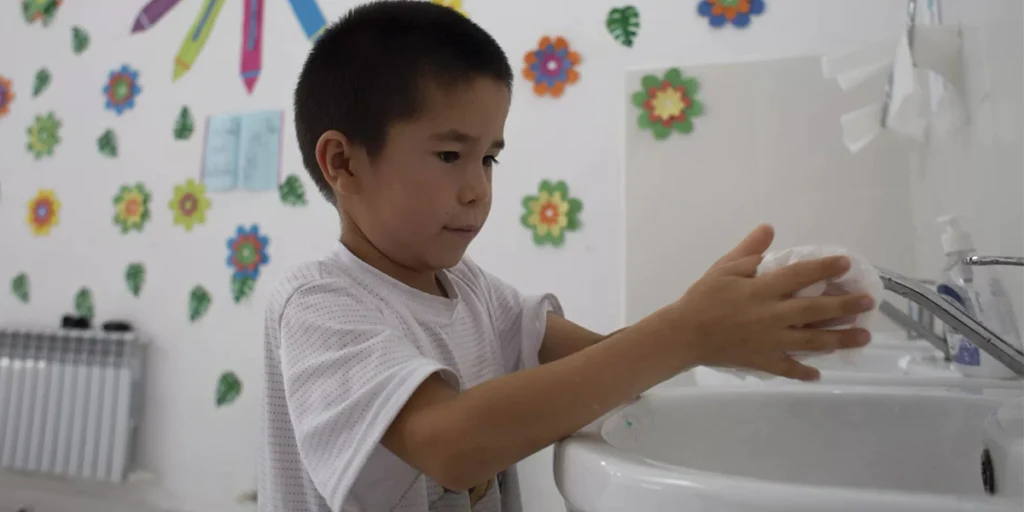Maintaining old pipes is crucial to ensure the safety, efficiency, and longevity of your home’s plumbing system. Ignoring the maintenance of ageing pipes can lead to severe water damage, reduced water quality, and costly repairs. This article will explore effective strategies for keeping old pipes in top condition.
Contents
Recognize Signs of Pipe Issues
Recognizing the signs of pipe issues is crucial for maintaining the integrity of your plumbing system and preventing costly repairs.
Regular Inspection
Scheduling regular inspections of your plumbing system can prevent minor issues from becoming major problems. Look for signs of moisture on walls, ceilings, and floors which may indicate hidden leaks.
Water Quality Tests
Testing the water for contaminants like rust and other sediments can also provide insights into the condition of your pipes. Discoloured water or an unusual taste are often signs that your pipes are deteriorating.

Cleaning Techniques
Cleaning your plumbing system is essential for maintaining its efficiency and longevity.
Chemical Cleaners
While chemical cleaners can effectively clear blockages, they should be used sparingly as they can accelerate corrosion in old pipes. Always follow manufacturer instructions to avoid damage.
Natural Solutions
For a safer approach, use a mixture of vinegar and baking soda to clean and deodorise your pipes. This natural solution helps to maintain pipe health without harsh chemicals.
Preventative Measures
Preventative measures are essential in maintaining the health and longevity of your home’s plumbing system, especially when dealing with old pipes. Implementing these strategies can help you avoid the inconvenience and costs associated with major plumbing failures.
Water Pressure Regulation
Too much pressure can strain old pipes and cause leaks. Installing a pressure regulator can extend the life of your pipes by ensuring they operate within safe limits.
Softening Hard Water
Hard water can deposit minerals that clog pipes. Consider installing a water softener to reduce mineral buildup and protect your plumbing.
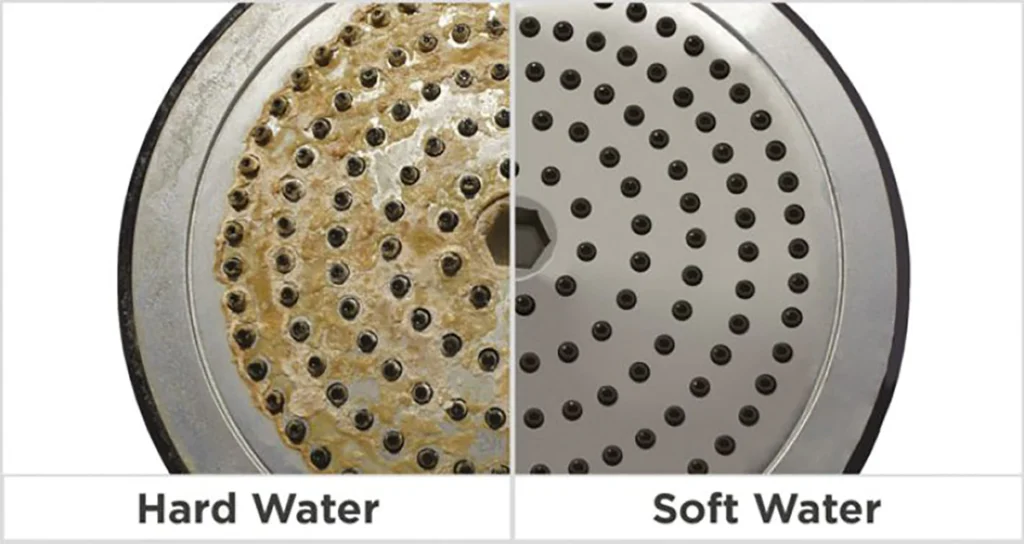
When to Replace
Knowing when to replace old pipes is critical to maintaining a safe and efficient plumbing system. Waiting too long can lead to serious issues like water damage and mould growth.
Lifespan of Different Pipe Materials
Understanding the lifespan of different materials (such as copper, PVC, or galvanised steel) can help you anticipate when replacements might be necessary.
Signs that Replacement is Imminent
Frequent leaks, visible rust, and persistent water quality issues are critical indicators that it might be time to replace your old pipes.
Professional Help
Seeking professional help for maintaining, repairing, or replacing plumbing can be crucial, especially when dealing with old or complex systems.
Choosing the Right Plumber
Select a plumber with good reviews and proper certifications. Experienced professionals can offer valuable insights and solutions that extend beyond basic maintenance.
The Role of Professional Assessments
Periodic assessments by a professional can identify potential problems early, saving you from expensive repairs and replacements in the future.

Maintaining old pipes is an ongoing process that requires vigilance, knowledge, and sometimes professional help. By following the outlined strategies, you can enhance the functionality and extend the life of your plumbing system.
FAQs
It’s advisable to inspect your plumbing at least once every two years, or annually if the pipes are over 50 years old.
Yes, for regular maintenance, DIY solutions like vinegar and baking soda can be effective and are safer for old pipes.
You can check for hidden leaks by monitoring your water metre. If the metre changes while all water is turned off, there may be a leak.
Symptoms of high water pressure include banging pipes, leaky faucets, and running toilets. Using a pressure gauge can provide an exact measurement.
It depends on their condition and material. Sometimes phased replacements can be more manageable and cost-effective.



